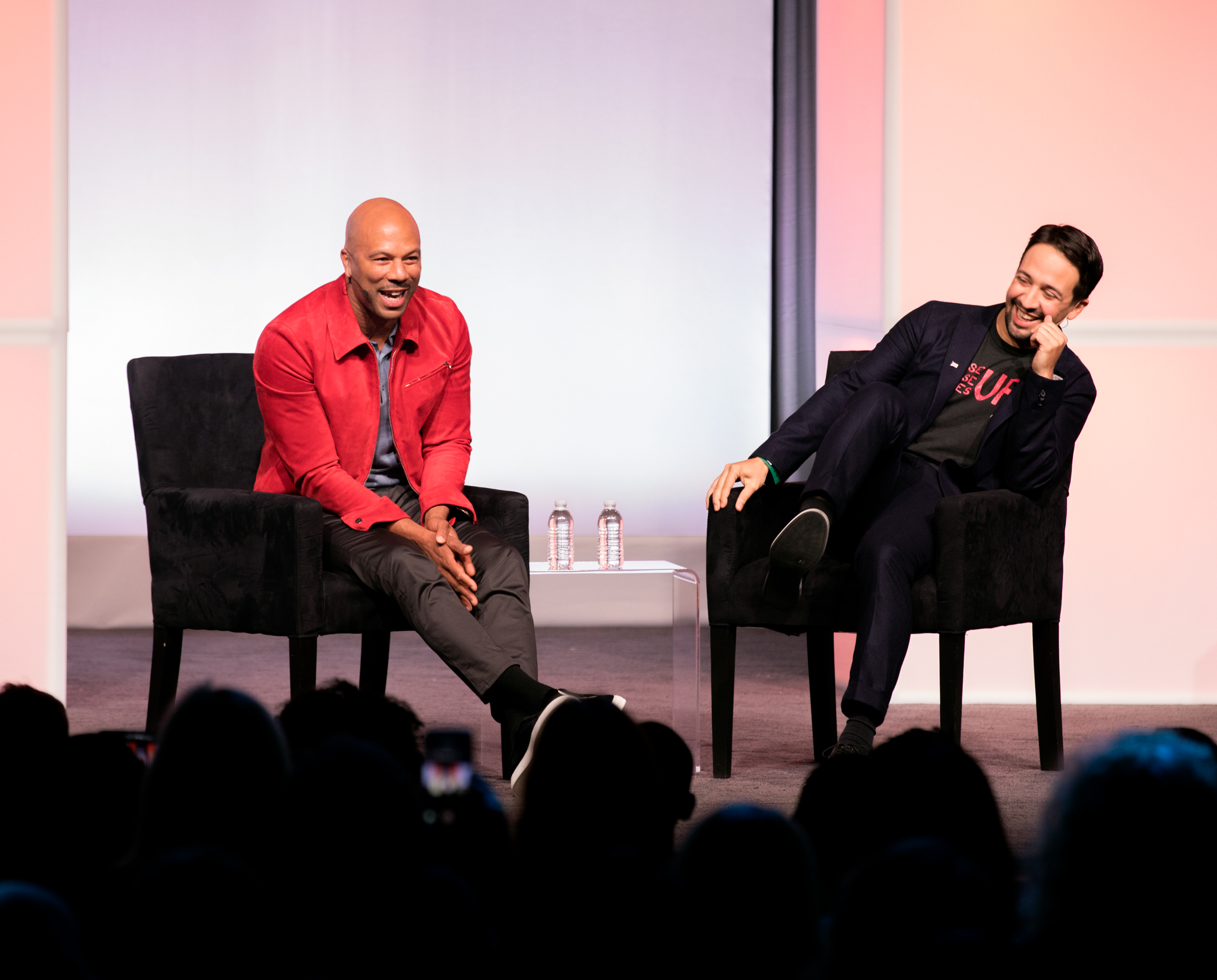What One Chicago Activist Is Taking Away From The Obama Summit
By Natalie Moore

What One Chicago Activist Is Taking Away From The Obama Summit
By Natalie MooreA new generation of activists has emerged to address Chicago’s rising violence, which has left nearly 1,400 people dead over the past two years.
One such activist is Berto Aguayo, an organizer with The Resurrection Project. Among the activities held by the community-building nonprofit were a series of overnight campouts as an anti-violence effort. This week, Aguayo attended the inaugural Obama Summit, which brought together some 500 mostly young people from around the world to learn about leadership through two days of speeches, break-out sessions, and informal gatherings.
“I really hope to expand my view on what civic engagement can look like,” Aguayo said Wednesday. “Young people are pushing the envelope on what community organizing is — and hopes to be — in the 21st century.”
Aguayo spoke with WBEZ’s Natalie Moore about what’s been on his mind as he heard from activists around the world — and what that means for his work at home.

On hoping to challenge his views of what leadership looks like
Berto Aguayo: In organizing, we have a real concrete way of looking at leadership, and I really want to challenge that. I feel like organizing and leadership looks very different around the world than it does on 48th Street. Somewhere in India, it might take a different form with the same foundational concepts, and I really want to see what that looks like.
On what has resonated with him so far
Aguayo: Yesterday, I attended the preliminary session, and I loved Anand Giridharadas’ talk. What I feel really relates to my work is what I can only describe as “the woke complex.” It’s when you’re woke, but have very little patience for people who are still awakening. Sometimes, we — myself included — do a disservice by not giving enough space to people who are still in that process.
I think about Nietzsche’s quote that in the fight against monsters, we should be wary that we don’t become monsters ourselves. There’s a privilege in being woke and when we don’t give enough patience or respect to the people who are still in their awakening process, it can be really hurtful to civic engagement.

On relationship-building over dinner
Aguayo: At Tuesday’s dinner, I broke bread with some folks that came from different backgrounds. At my table, I had the vice mayor of Charlottesville talking about how he reacted to the Charlottesville attacks and how they’re responding to it.
Then, sitting next to me, I also had the secretary of youth affairs for the government of Argentina. He’s 26 years old, and there’s an actual department dedicated to young people. That’s pretty cool.
On what’s percolating in his head
Aguayo: It’d be dope to have a department of youth affairs in America, a cabinet dedicated just to youth civic engagement. Why not, right? And then, even more locally, why not have a department in the city of Chicago that’s like a youth affairs office. If a young person was appointed to lead that office, I think that’d be cool.
And after talking to the vice mayor of Charlottesville, I’m really thinking about how we can expose ourselves and really put ourselves into those situations intentionally. That was one of the things brought up at out table: What about an exchange program where influential, real, genuine people from different communities can really exchange lives for a day or a week? To really build empathy with one another.
Even in Chicago, we could have something like that. We could have someone from a place like Back of the Yards exchange lives for a day with someone from a place like Lincoln Park. Think about the exposure that would cause, and really, the kind of circles that would expand.

On the summit “balancing globalism and South Side”
Aguayo: It was really dope to see the balance between Chicagoans doing really great work and then, global leaders. I think that this can help change the narrative of what people see in the news every day. This is Chicago, too. We have a lot of challenges, but there are a lot of opportunities.
This interview has been edited for brevity and clarity.
